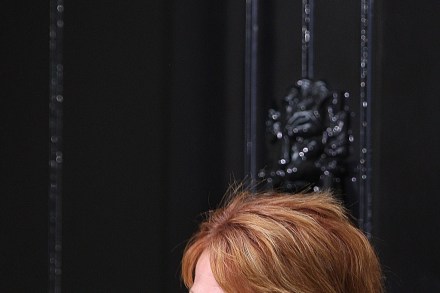What the statistics don’t show
In my Sunday Telegraph column today, I argue that statistics cannot reflect cultural sensibilities, especially in the wake of a horror such as Rhys Jones’s murder. But if crime statistics are to be brandished at such a time let them at least be accurate. The Sunday Times reports that – contrary to Jacqui Smith’s claim














